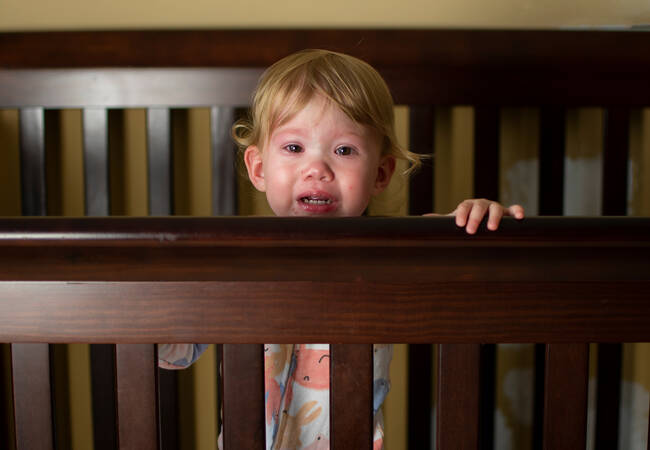- Grief and trauma affect children in diverse ways—some withdraw, some cry, others become angry—all are normal responses.
- Caregivers should provide space, love, and emotional support, allowing children to express feelings in their own time without pressure.
- Reinforce safety, love, and self-worth, as well as the message that children will ultimately be okay despite the hardship.
- Acting out may occur after grief or trauma; instead of focusing on discipline, parents should try to understand the underlying emotions.
- Caregivers also need to practice self-care and compassion when supporting children through loss.
- Over time, families can not only heal but also grow more resilient, gaining strength from overcoming adversity together.
Navigating Teen Challenges
Supporting children through grief or trauma involves offering patience, love, and reassurance, creating a sense of safety, understanding their behaviors as expressions of emotion, and remembering it’s also important to care for yourself as a caregiver.
Mary Kay Jankowski, PhD, Pediatric Psychiatry


